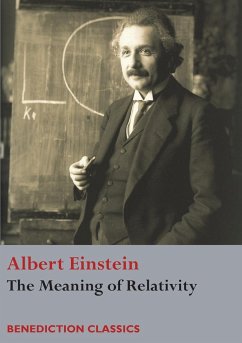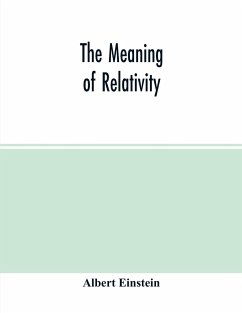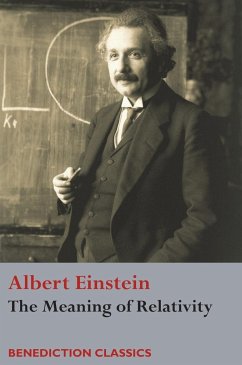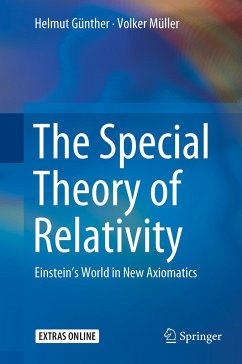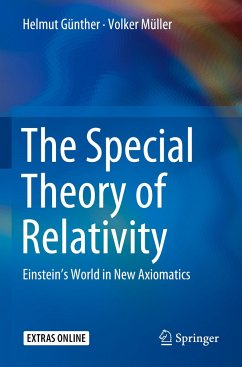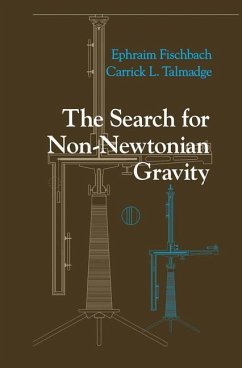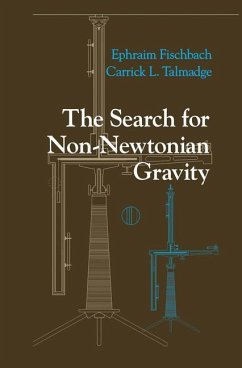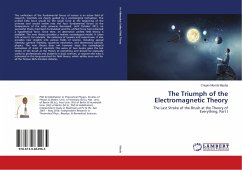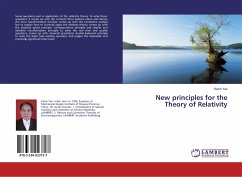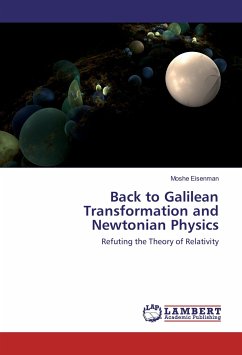
Back to Galilean Transformation and Newtonian Physics
Refuting the Theory of Relativity
Versandfertig in 6-10 Tagen
19,99 €
inkl. MwSt.

PAYBACK Punkte
10 °P sammeln!
The theory of relativity is the most outstanding disgrace in the history of science. It certainly exceeds the 17th century phlogiston theory. A common feature to both (probably to all wrong) theories is the virtual impossibility to get rid of them once accepted by the scientific community. The theory of relativity is a marvelous example how a futile manipulation of equations can lead to weird and much admired conclusions. Due to the automatic rejection of observed paradoxes, the only practical way to refute the theory of relativity is by displaying the error on which it is based. This error is...
The theory of relativity is the most outstanding disgrace in the history of science. It certainly exceeds the 17th century phlogiston theory. A common feature to both (probably to all wrong) theories is the virtual impossibility to get rid of them once accepted by the scientific community. The theory of relativity is a marvelous example how a futile manipulation of equations can lead to weird and much admired conclusions. Due to the automatic rejection of observed paradoxes, the only practical way to refute the theory of relativity is by displaying the error on which it is based. This error is associated with Maxwell's equations. Maxwell's equations were derived for static systems, i.e.; stationary relative to the relevant coordinate system. From the assumed universal validity of these equations it follows that the speed of light is constant in all inertial coordinate systems. This in turn led to the Lorentz transformation and Einstein's theory of relativity. When Maxwell's equations are corrected, by restoring missing terms, they become invariant under the Galilean transformation and do not equate under the Lorentz transformation, rendering it and the theory of relativity invalid



